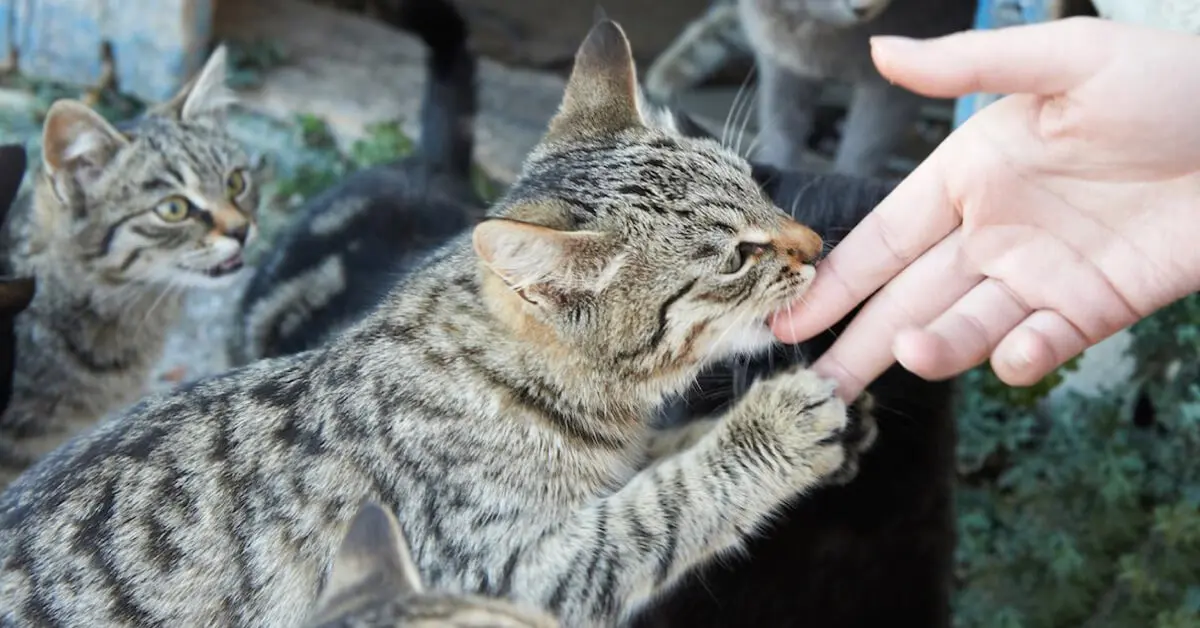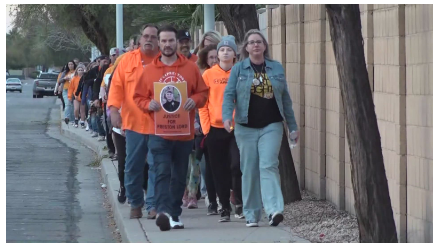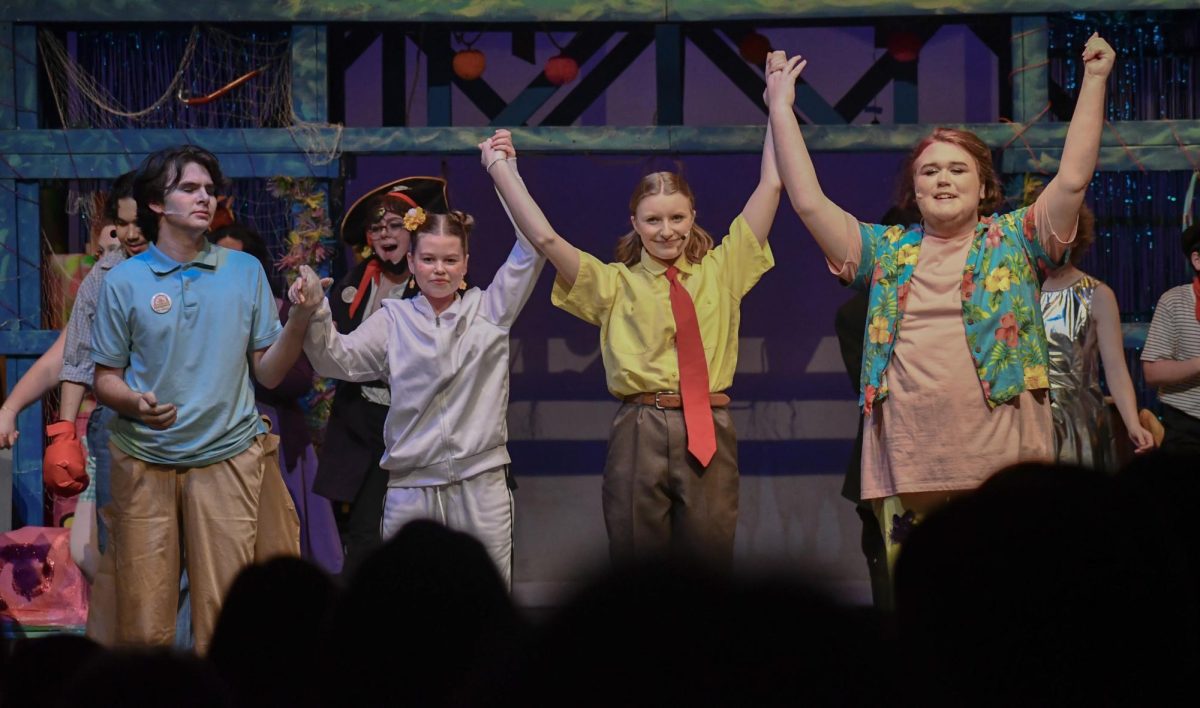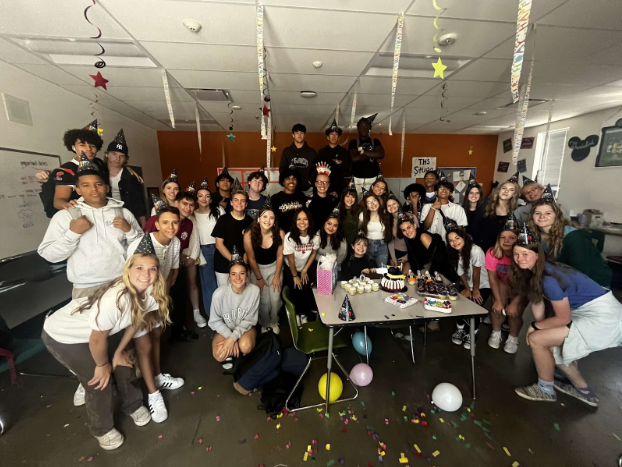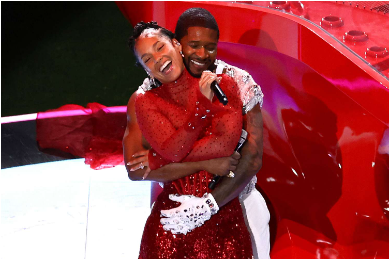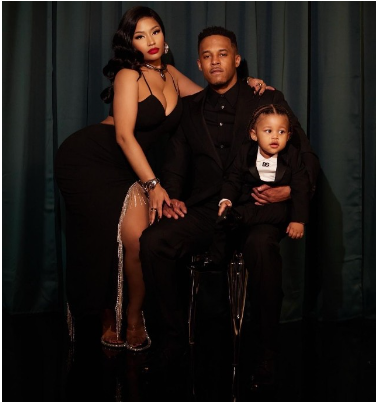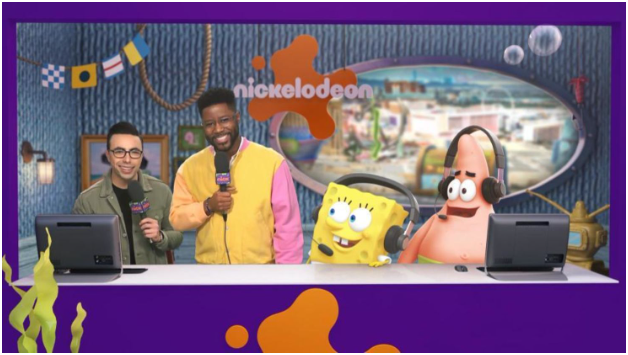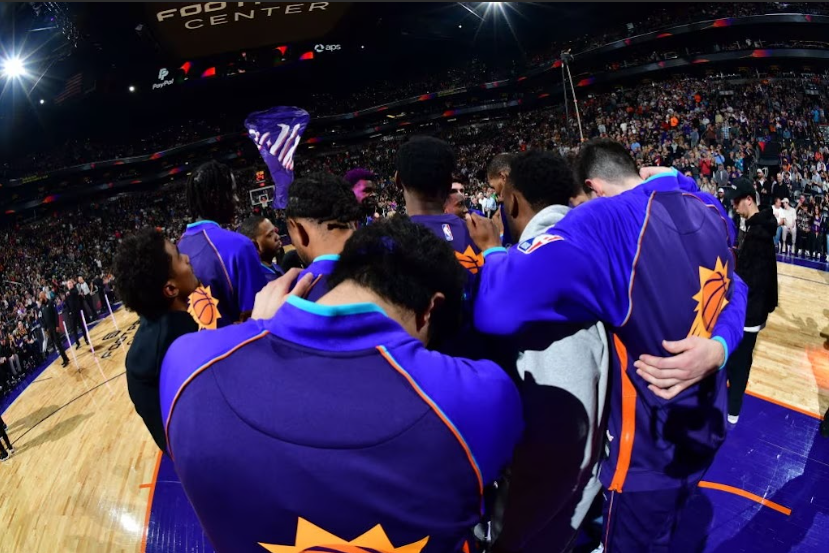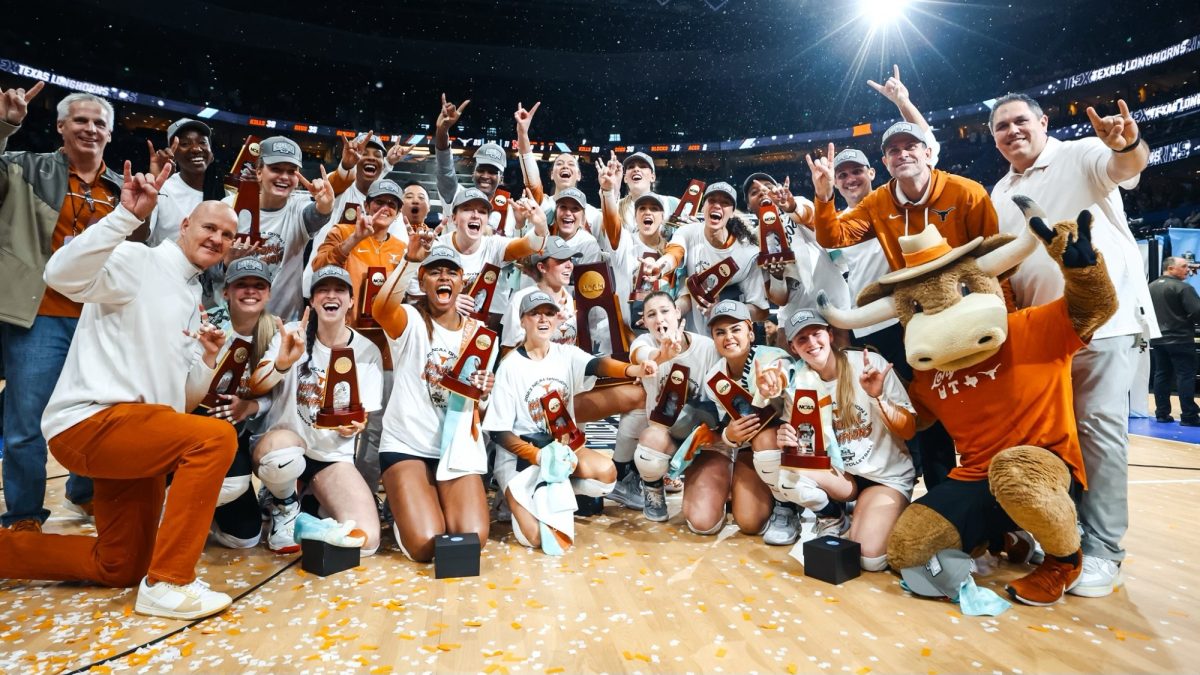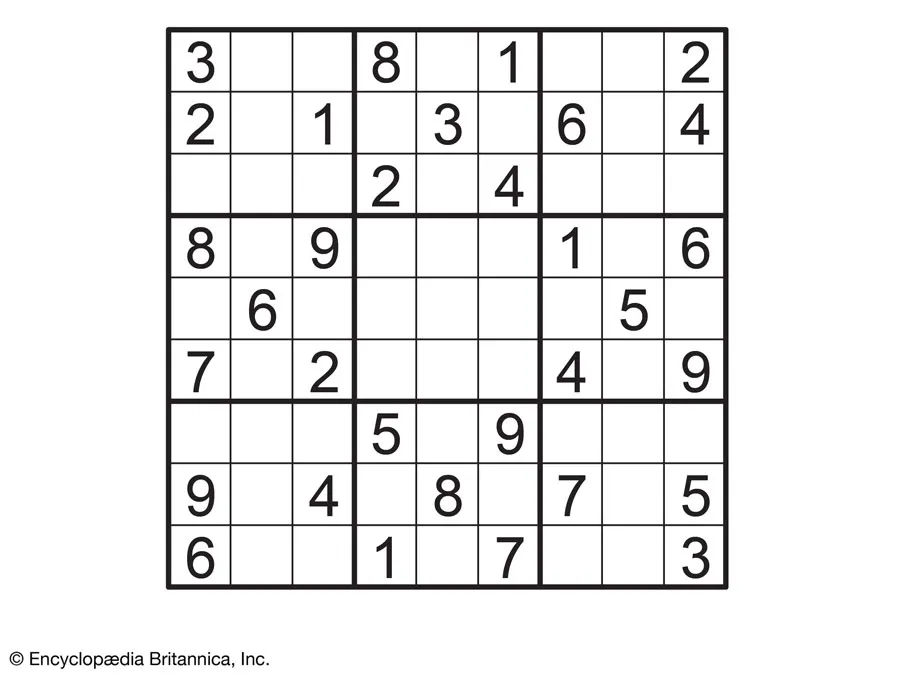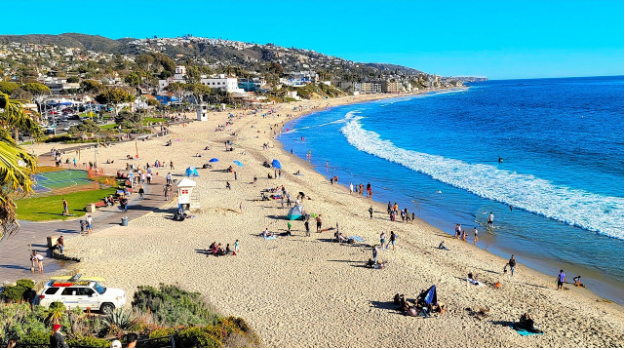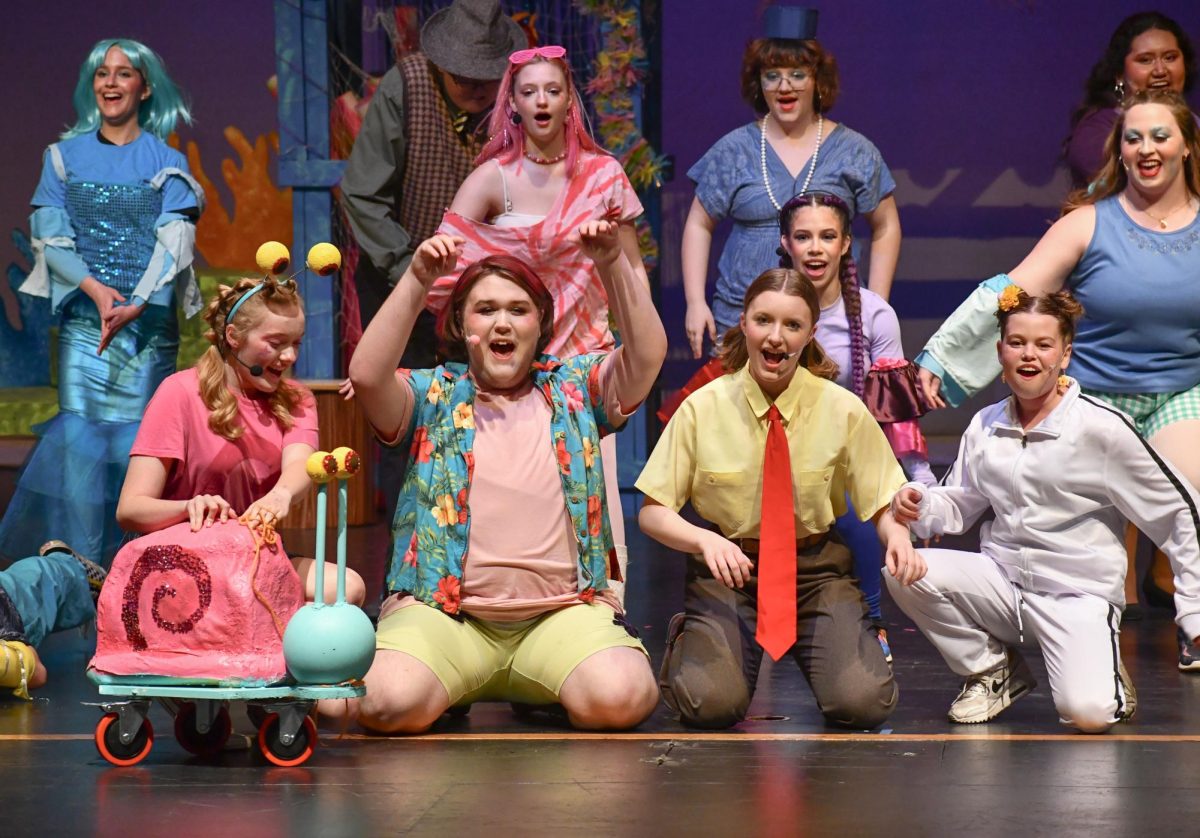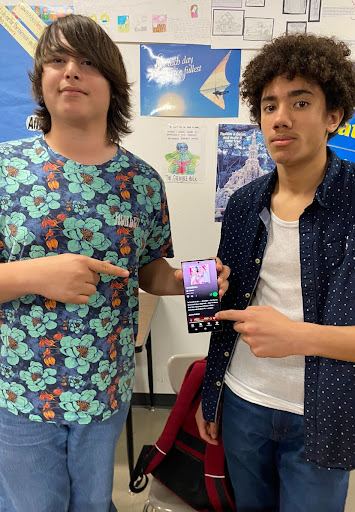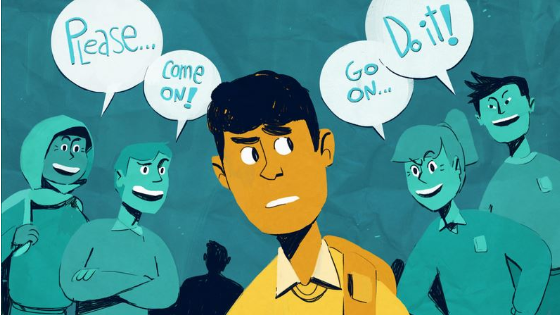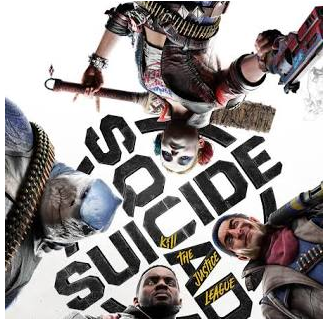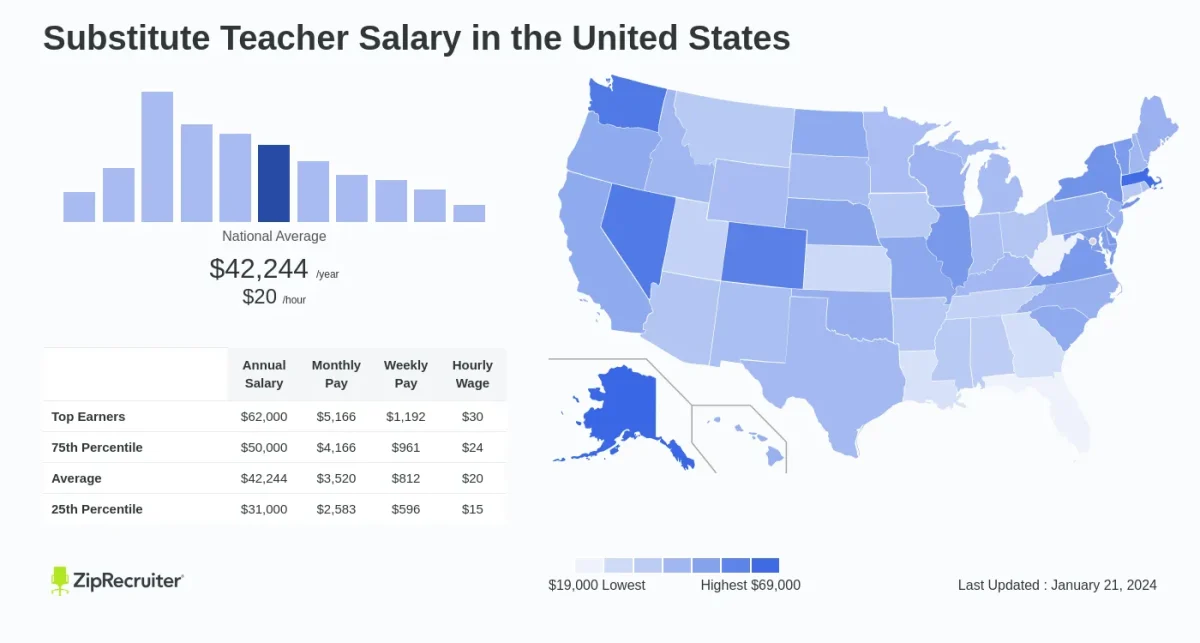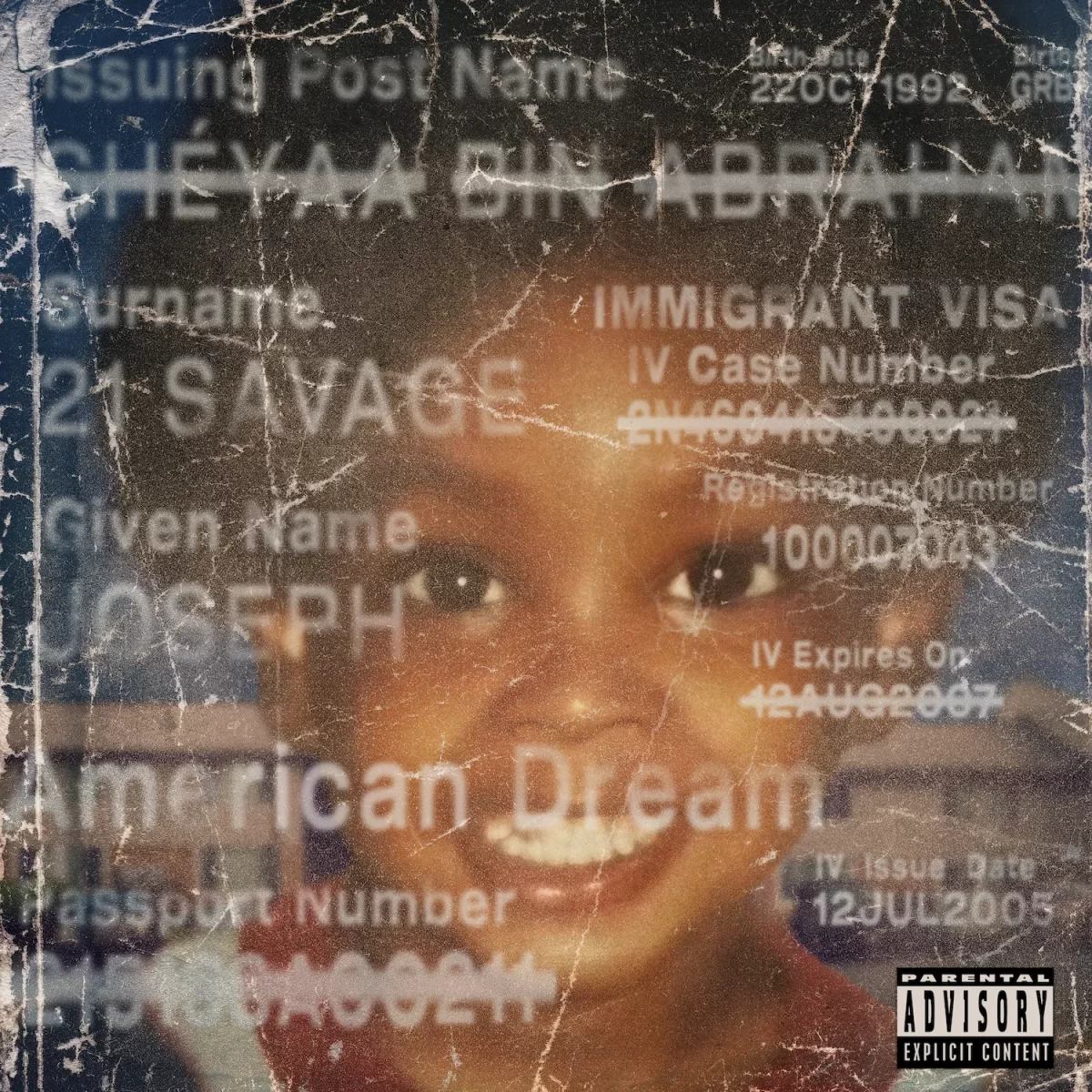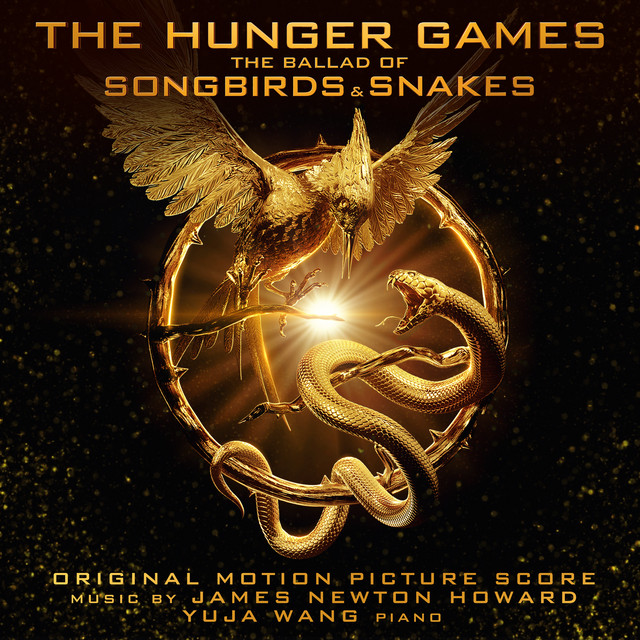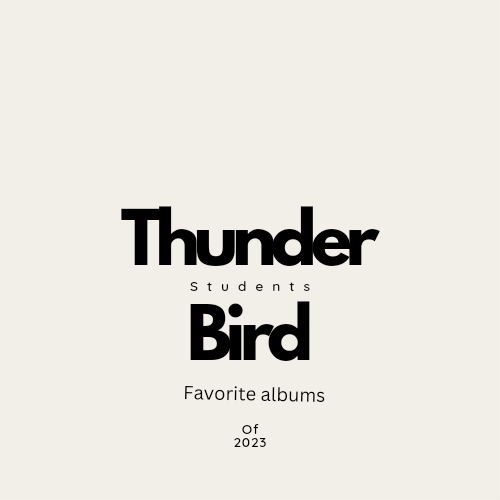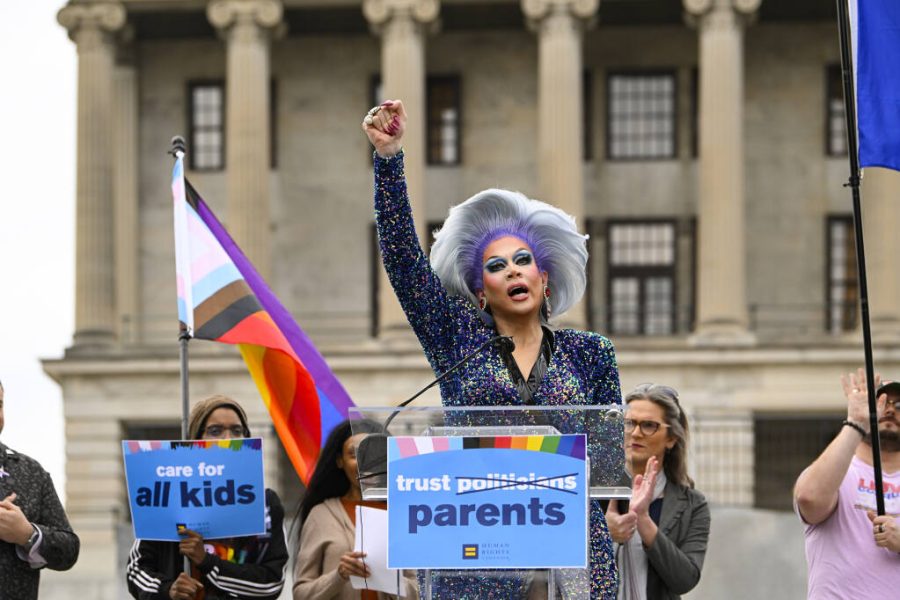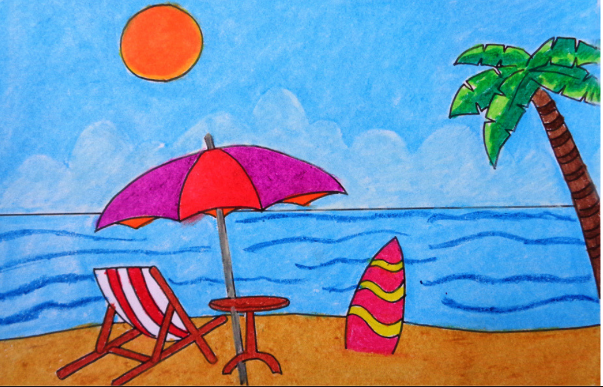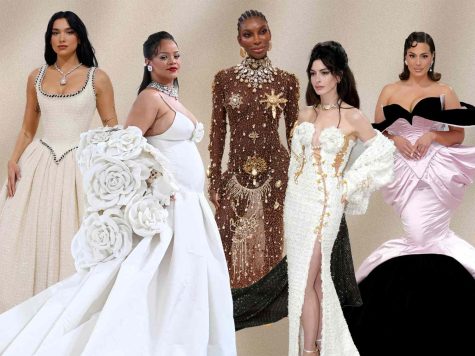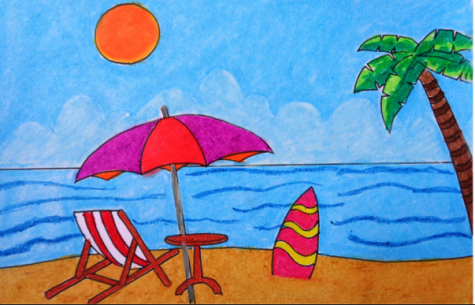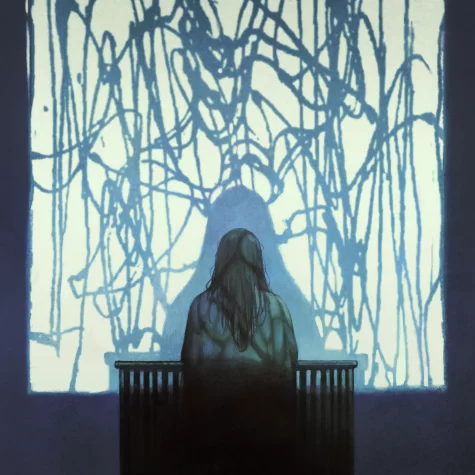Is the Word “Picnic” Inappropriate?
The word picnic has been up for debate for many years but the topic resurfaced over the summer. The debate in question is whether or not the word picnic is appropriate for use within the English language.
September 8, 2022
The word “picnic” originates from the French translation pique-nique which comes from the mid-18th century. Unknown to most, the word would mature into a completely different meaning later on. Over the course of a century, picnic grew to mean something completely different to American society. In the earliest interpretation, the word picnic stood for ¨pick a nic¨. White people would go on these ¨gatherings¨ and watch black people be lynched and beaten. They would sing and dance, allowing the hanging to serve as yet another source of entertainment.
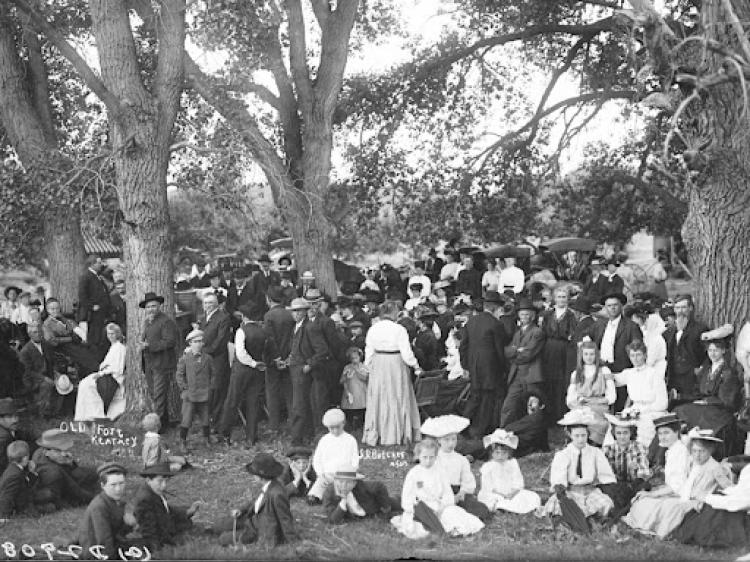
On August 19th 1930, there was a man named Oliver Moore who unfortunately fell victim to one of these ¨picnics¨. According to the Ferris State University Jim Crow Museum,¨ a detailed report was given by an Afro-American who described a gruesome and brutal scene as women and children participated in the ¨lynching picnic¨ of a black man named Oliver Moore.¨ The individual states that the event “was turned into a veritable picnic ground when men, women, and children, intoxicated with the spirit of race prejudice and mob violence, surged around the horrible sight, played, joked, and made merry as the blood from multiple wounds dripped from the suspended body of the victim.” An eyewitness gave an account: “We got out and walked down the road, and we found a bunch of white men, women and children. There was no sign of terror in their faces. There was nothing but giggles and laughter as the blood dripped from the nose and from the bullet-riddled body of the victim.” Oliver Moore was hung and shot 100 times while being viciously mocked.
There were many other accounts reported similar to this one, but nothing quite of this caliber. This man was attacked and dismembered due to fiersome hatred backed by the white population. That is atrocious and ,during the time, was viewed as a fun and ¨trendy¨ activity. According to an 1877 newspaper titled the New York Daily Herald, “Lynching picnics are now the big thing in the west” and “Kansas sure was proud in their reveling…¨

There is heavy history behind this word and the fact that not too many people know about it is disquieting. In relation to today’s day and age, should the word still be used; I am unsure. On one hand, the definition of the word in the past has been ruthless and barbaric, but words can change and adapt a new meaning over time. This is not to discredit the history or ignore it because more people need to know what the context has been in the past in order to build a better future. Understanding a meaningful part of history can enlighten the minds of many, allowing them to leave the blind ignorance of today. A good chunk of people are not intentionally ignorant of history, sometimes they simply do not know. So to explain something simple as the definition of this word to them would help them become more aware people. Plus picnics today are associated with happiness, friendship, and love. It is a way for individuals to come together and enjoy their time. To say that it cannot be used today simply because of a history that is no longer current in any way, shape, or form is unfair. Picnics have become such a pure and lovely action, to take that away would be wrong.
To close, the word picnic one meant something horrible, but that definition has changed into a beautiful activity. That pure experience should be tainted and the word should remain in use, though the history should become well-known.


